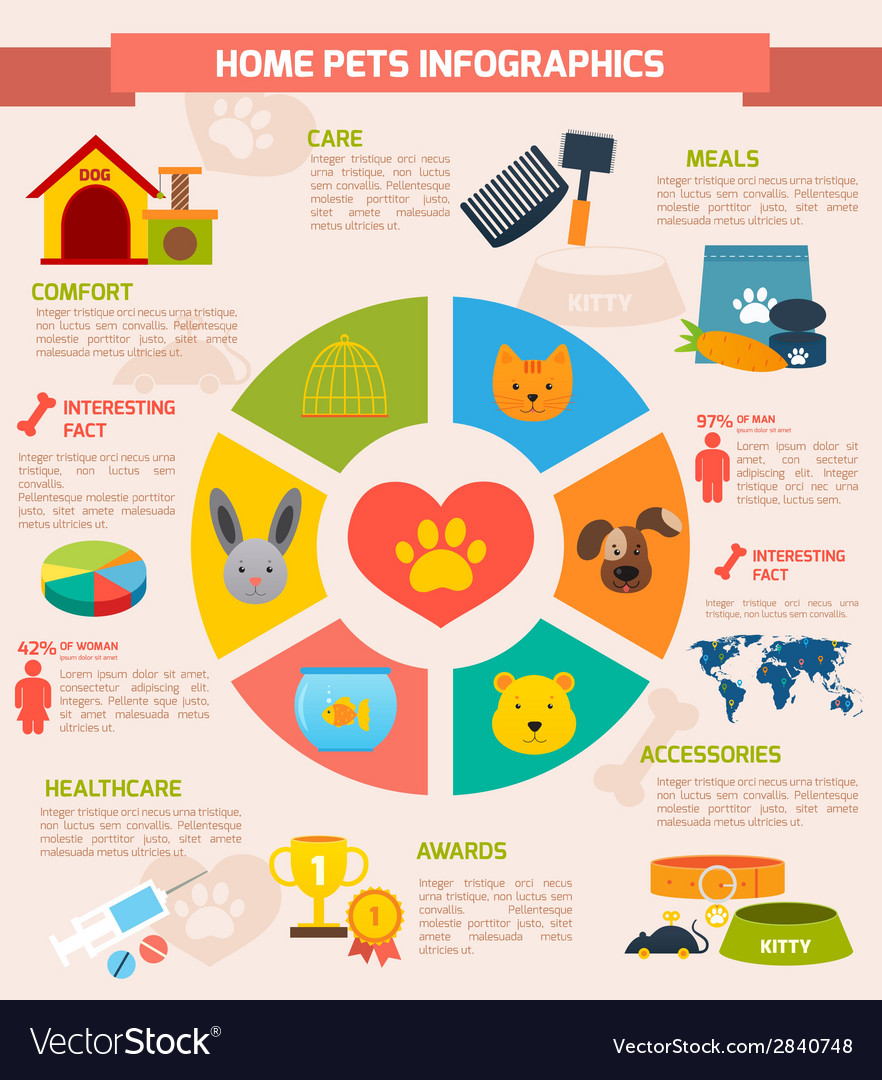Choosing Dog Daycare During Holidays
Choosing Dog Daycare During Holidays
Blog Article
What Vaccinations Are Needed For Pet Dog Childcare?
Whether your pets spend time at daycare or boarding facilities, they need to be up-to-date on all of their required vaccinations. Core injections include Bordetella, rabies and DA2PP, which guard against typical diseases that canines are subjected to when in close contact with others.
Non-core injections include canine influenza and leptospirosis shots. These are advised for dogs that join other dogs frequently.
Core Vaccinations
As a critical part of preventative treatment, canine vaccines aid maintain pet dogs safe from infectious conditions transferred with direct call or infected surfaces. Vaccines boost the body immune system to produce antibodies that combat condition, and the majority of veterinarians consider core canine vaccinations to be important for all pets.
Rabies
The majority of reputable pet dog day care facilities call for that your animal be up to day on their rabies vaccination. Vaccinations are carried out to young puppies as very early as 12-16 weeks old, and boosters are required every three years approximately up until adulthood. Rabies is a deadly viral illness that spreads out with saliva, generally from attacks. A lot of states require rabies inoculations for all canines and pet cats, and some also mandate rabies boosters for pet proprietors.
Distemper/Parvovirus/Adenovirus (DHPP).
This combination vaccination covers canine distemper, parvovirus, hepatitis, and adenovirus, every one of which are extremely contagious. A boarding kennels for dogs lot of veterinary workplaces provide DHPP vaccinations as one shot or in a series of 2 to four shots, offered 2-4 weeks apart, complied with by an annual booster. This injection is a requirement for a lot of boarding and doggy day care facilities, in addition to many groomers.
Bordetella/Canine Parainfluenza Vaccination.
Bordetella bronchiseptica, typically referred to as kennel coughing, is an extremely contagious breathing infection brought on by the bacteria that creates the disease. Signs and symptoms include consistent coughing, sneezing, nasal discharge, and high temperature. Many kennel coughing outbreaks take place in crowded atmospheres, such as childcare or boarding facilities, and are specifically common in warmer weather condition. This vaccine is a demand for the majority of daycare and boarding centers, and is often provided in a mix with the DHPP vaccine.
Leptospirosis Injection.
This is a microbial disease that spreads via contaminated water, soil, and pee. Infection can cause kidney and liver damage, along with fatality, and is transmissible to humans. A lot of veterinarians will suggest this vaccination, based on geographic place and way of living of the pet, for canines that hang out outdoors or at boarding centers, as well as some groomers. This injection is normally carried out as a series of two to 4 shots, spaced 2-4 weeks apart, with a yearly booster needed for the majority of pets.
Lyme Condition Vaccine.
The most typical tick-borne condition in the USA, Lyme disease is transferred by the deer tick and can lead to high temperature, joint discomfort, muscle soreness, and anorexia nervosa. The Lyme condition vaccination protects against the most common pressures of the infection, consisting of the H3N8 and H3N2 strains. Many veterinary centers advise this vaccination, specifically in high-risk areas, such as the Northeast, upper Midwest, Mid-Atlantic, and along the Pacific coast.
Noncore Vaccines.
Other pet dog vaccinations, while not essential for all pet dogs, are recommended based on the dog's lifestyle and geographical place. These include the following:.